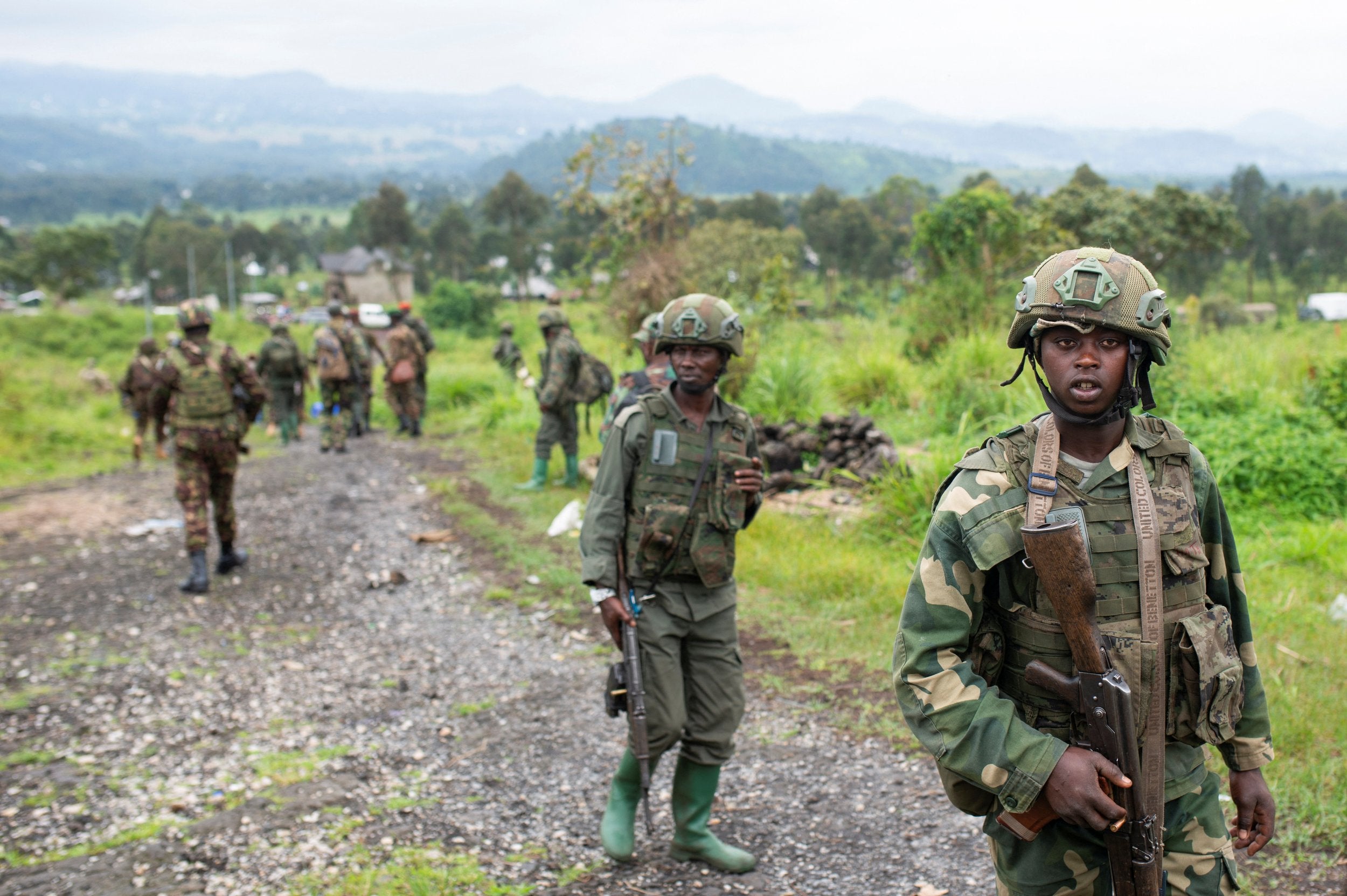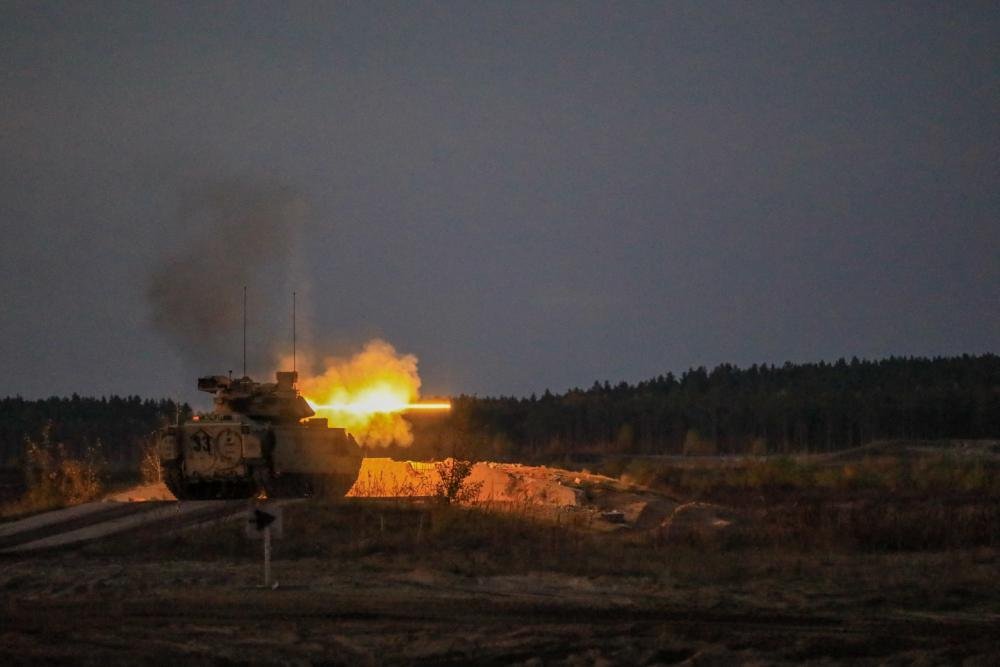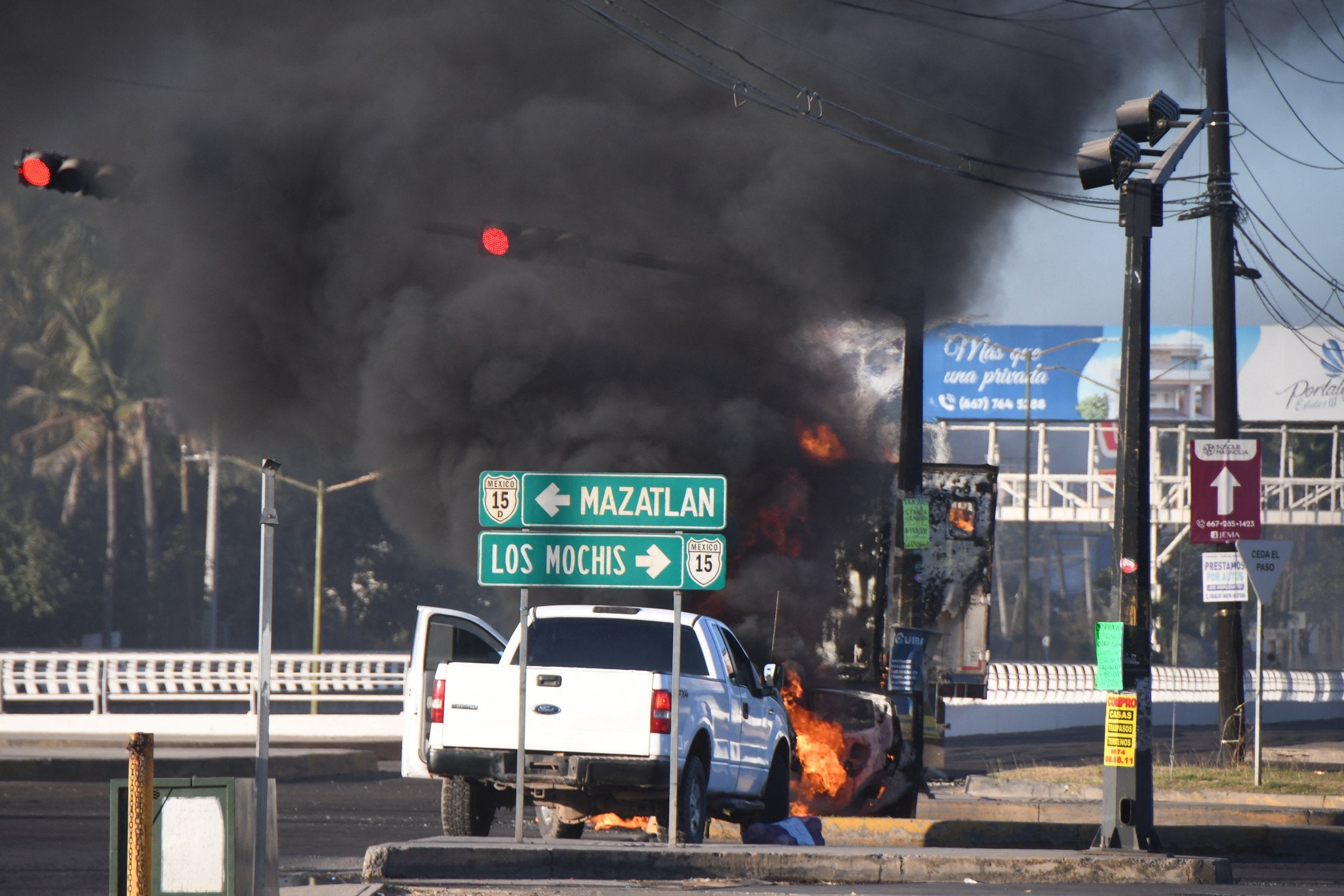
UN report says east Congo rebels flouting ceasefire and withdrawal deal
KINSHASA (Reuters) - United Nations intelligence analysts have spotted suspected movements by M23 rebels in parts of eastern Congo from which they were meant to have withdrawn and signs the armed group has seized ground in other areas, internal U.N. documents showed on Thursday.
The findings show there is continued uncertainty about both the exact status of the conflict in North Kivu province and the situation on the ground in the Kibumba area, which the rebels were meant to have left as of Dec. 23 as part of a ceasefire brokered by East African regional leaders.
"Their total withdrawal from the area has not yet been confirmed," wrote the Joint Mission Analysis Centre (JMAC), a U.N. intelligence unit, in a confidential report covering the period from Dec. 26 to Jan. 3, and seen by Reuters.
"Suspected M23 movements were still sighted in the area," it added.
The report also highlights examples of M23 violently seizing new territory elsewhere even after they participated in the ceremony to hand over Kibumba to East African Community (EAC) forces in what they called a goodwill gesture under the ceasefire.
"Several clashes involving M23 were reported during the week, resulting in M23 taking control of further areas, notably threatening Kitchanga, Mweso, Sake, Kilorirwe, Mushaki and Nyamilima, and raising serious PoC (Protection of Civilian) concerns."
On Wednesday, the M23 denied reports of its failure to leave Kibumba, saying it had withdrawn from its positions there as of Dec. 23 and was committed to the agreement reached by regional leaders in November that was meant to see the M23 withdraw from recently seized positions and allow thousands of displaced people to return to their homes.
At least 450,000 people were displaced last year in the fresh offensive by the Tutsi-led rebel group, which the government of Congo, Western powers, and a U.N. expert group say is supported by neighbouring Rwanda.
Rwanda denies all involvement in the M23's resurgence, but the accusations have led to a major diplomatic crisis in the region.
Earlier this week, a spokesperson for the EAC force told Reuters the withdrawal had been effective, but said "a few administrative non-combatant elements from M23 on the outskirts of Kibumba are in the final phase of withdrawal."
Last Friday, presidential spokesperson Tina Salama told Reuters President Felix Tshisekedi remained committed to the ceasefire agreement.
"We all know they (the M23) have not completely withdrawn," she said, adding that rebels technically had until Jan. 15 for the full withdrawal. "There will be a reassessment at that time."
The M23 was also meant to have withdrawn from the strategic military town of Rumangabo by this Thursday, but on Wednesday the EAC postponed a planned handover ceremony, saying it was still assessing the security situation.
(Additional reporting by Djaffar Al Katanty; Editing by Alessandra Prentice and David Evans)









